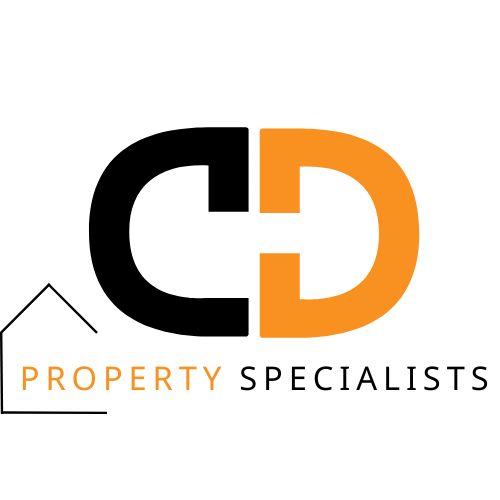New Selective Licensing Schemes in Lambeth, Islington, and Lewisham: What You Need To Know
- Circle Doors

- May 28, 2024
- 3 min read
Updated: Oct 31, 2024

Three London boroughs—Lambeth, Islington, and Lewisham—have recently introduced new selective licensing schemes aimed at improving housing standards and tenant welfare. These schemes represent a significant shift in local housing policy and have implications for landlords, tenants, and the broader community.
What Are Selective Licensing Schemes?
Selective licensing schemes require landlords to obtain a license from their local council to legally rent out properties within specific areas. These schemes are typically introduced in areas where there are concerns about poor housing conditions, antisocial behavior, or high levels of deprivation. The aim is to ensure that all rental properties meet certain standards, thereby improving living conditions and reducing related social issues.
Lambeth’s Selective Licensing Scheme
Lambeth has identified certain areas within the borough where the private rental sector has been under scrutiny. The new licensing scheme is designed to target these hotspots, requiring landlords to adhere to specific standards. This includes maintaining properties to a high standard, ensuring safety measures are in place, and addressing any antisocial behavior by tenants.
Key Points:
Area's Covered: The scheme applies to select neighborhoods with high rental property concentrations and notable issues.
Requirements: Landlords must ensure properties are well-maintained, meet health and safety standards, and manage tenant behavior.
Fees: Licensing fees apply, intended to cover the administration and enforcement of the scheme.
Islington’s Approach
Islington’s new selective licensing scheme follows a similar approach, focusing on areas with significant private rental markets and documented issues. The scheme is part of a broader strategy to enhance living conditions and protect vulnerable tenants.
Key Points:
Focus Area's: Specific areas with high levels of rental properties and related problems.
Landlord Obligations: Ensuring property maintenance, adhering to health and safety regulations, and managing tenants responsibly.
Enforcement: The council will conduct regular inspections and take action against non-compliant landlords.
Lewisham's Initiative
Lewisham has also introduced a selective licensing scheme aimed at raising the standard of private rental housing. This scheme is part of the council’s efforts to tackle poor housing conditions and improve the quality of life for tenants.
Key Points:
Target Area's: Select neighborhoods identified based on housing conditions and tenant feedback.
Standards and Compliance: Landlords must meet rigorous standards for property upkeep and tenant management.
Licensing Costs: Fees are designed to fund the effective management and enforcement of the scheme.
Implications for Landlords
Landlords in these boroughs will need to navigate the new licensing requirements carefully. Compliance will involve both administrative efforts—such as applying for licenses and paying fees—and practical measures, such as ensuring properties are safe, well-maintained, and free from hazards.
Implications for Tenants
For tenants, these schemes promise a significant improvement in living conditions. The enforcement of licensing standards means that rental properties should be safer, healthier, and better managed. Tenants will have greater protection from substandard housing and irresponsible landlords.
Conclusion
The introduction of selective licensing schemes in Lambeth, Islington, and Lewisham marks a proactive step towards improving the quality of private rental housing in these areas. By holding landlords to higher standards, these councils aim to create safer, more comfortable living environments for all residents. For landlords, it means adapting to new regulations and ensuring compliance, while for tenants, it heralds a welcome enhancement in housing conditions and tenant rights.
As these schemes roll out, their success will be closely monitored, potentially serving as a model for other boroughs facing similar challenges. Whether you are a landlord or a tenant, staying informed and engaged with these developments is crucial.


Comments